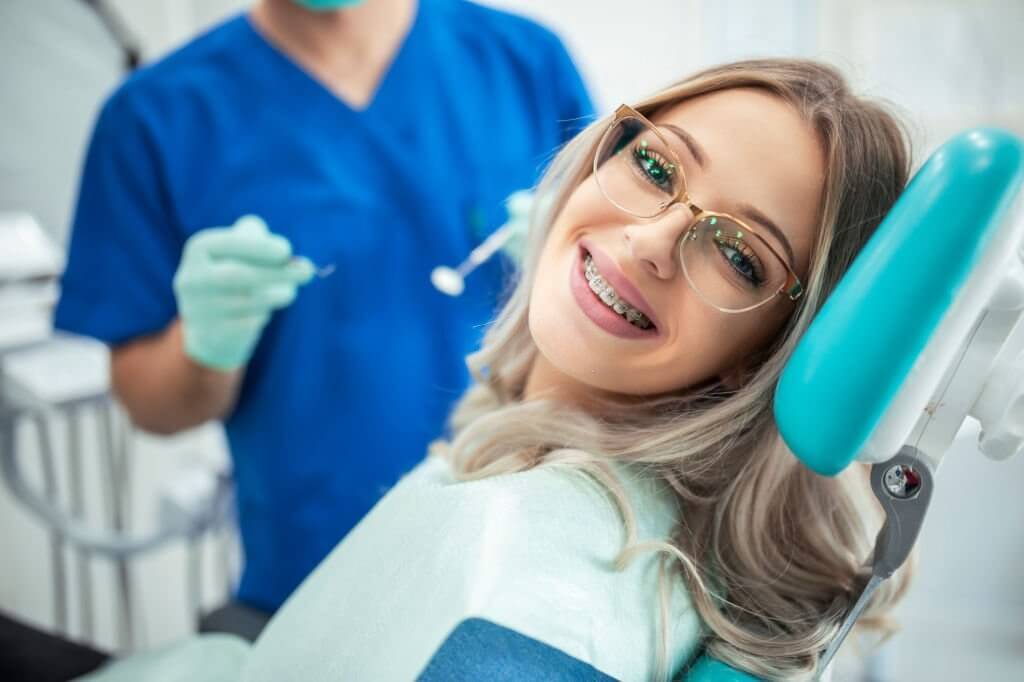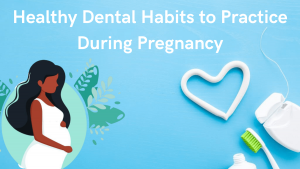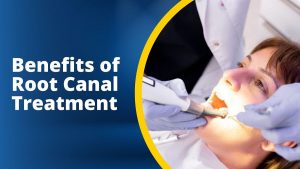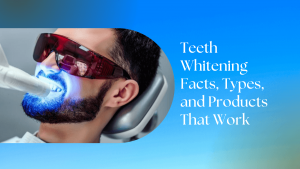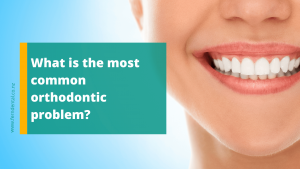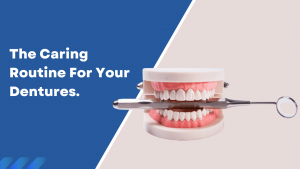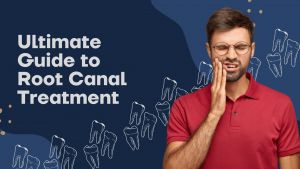Everybody wants an even and attractive smile. Some people have it naturally, but others might have to resort to other ways to achieve a beautiful smile that makes them feel good about themselves. The very important part is the caring for your braces . For this, orthodontics is here to help.
Braces are used to improve the way the teeth are aligned. It helps you straighten your teeth and achieve a more seamless look. It is mainly done for teenagers and young adults. However, with improving technology, there are instances where even adults are opting for braces for aesthetic reasons. Different braces are available now – metal, ceramic, lingual and clear aligners. Whatever reason for opting for braces or whichever type you get, braces require much care. Here is a comprehensive guide to caring for your braces.
Steps Involved in Caring for Your Braces
Brushing More Efficiently
Brushing with braces is a whole new experience and plays an integral role in caring for your braces. Not only do you have to brush more frequently, but you also have to take care that you are not too aggressive. It is crucial to develop a good oral health routine when getting any orthodontic treatment. Since there are too many elements in your mouth, cleaning will require more time. The brackets are more prone to getting food particles stuck to them, which will require efficient brushing to avoid plaque growth on the tooth.
The brackets and metal wires are exceptionally delicate, and any solid touch on them will cause you pain. To avoid that, use a light hand brush with soft bristles to brush your teeth. Rubber bands and other accessories are often put on your braces, which are removable. They must be carefully removed, and only you can start brushing them. If the child is not aware of these steps, the parents must initiate this conversation with them.
Usually, brushing should be done for at least 1 to 2 minutes, and the time may increase with braces. It is better to start from the top, move in circular motions, and then continue on each tooth. It is advised to use fluoride toothpaste. Doctors advise patients with braces to brush after every meal. If that is not possible, one should try rinsing their mouth multiple times daily to prevent any food particles from getting stuck.
Flossing and Mouthwash
Flossing and mouthwash are recommended for every individual, especially for braces patients. Flossing is essential for cleaning the pesky areas under the wires. Although floss can be used, your doctor may give you a floss threader or an orthodontic flosser. There is also waxed floss, which will not snag your braces as they are easier to slide between the teeth and wires. Flossing at least once daily will prevent plaque, tooth decay, and bad breath. Putting less pressure and flossing gently with patience, especially braces, is essential. Using an antibacterial mouthwash will remove whatever food particles are still left.
Use an Oral Irrigator
Braces require extra care, and that added step can be an oral irrigator. Investing in this device will benefit you in the long run. It is a small machine that helps remove whatever bacteria is left even after brushing and flossing. It consists of a tiny brush that releases water and helps remove food particles or germs from the teeth and other areas. The pressure of the water is moderate, so it will not harm your braces.
However, it is essential to note that this is only an added step in your dental care routine, not a replacement for brushing or flossing. It will supplement the process to caring for your braces. Your dentist may recommend using it once weekly as part of your deep cleaning process. Be gentle with it at first, as it will require a little learning before you can use it properly.
Take Care of Your Diet
Braces are exceptionally delicate, and although orthodontists fix them properly, they can get loosened with even a little force. If they are not sticking properly to the teeth’s surface, they will not be able to carry out their function correctly. Hence, it is better to take preventive steps to avoid damage, including looking at what you eat. Some foods and activities that need to be avoided when you have braces:
- Chewy foods like toffees, candies, or chewing gums will be tough to remove from the surface of the teeth or braces after they get stuck.
- Hard food items like nuts or popcorn as they require pressure to bite into, which may not be possible with braces on.
- Sugary drinks or foods will increase the chances of tooth decay.
- Crunchy foods like apples or pears are also not recommended.
- Avoid biting your lip.
- Do not make it a habit to breathe too much through your mouth.
- Putting your tongue against your teeth.
- Biting nails.
- Nibbling at the end of the pencil.
It is advised to maintain a proper diet with braces on as due to a restricted diet, one may suffer from malnourishment. The foods that are recommended are something like soft foods and semi-solids. Even if you have any hard or chewy food, make sure they are consumed in small bites.
We have already established that braces require extra pampering. Athletes should wear a mouthguard while they have braces to protect them. Patients with braces should avoid any intense physical alteration which may hurt their mouth or face. Visit your dentist in case of any issues. Caring for your braces is a vital step, hence you need to be very gentle with them, and do it properly to achieve your perfect smile.

